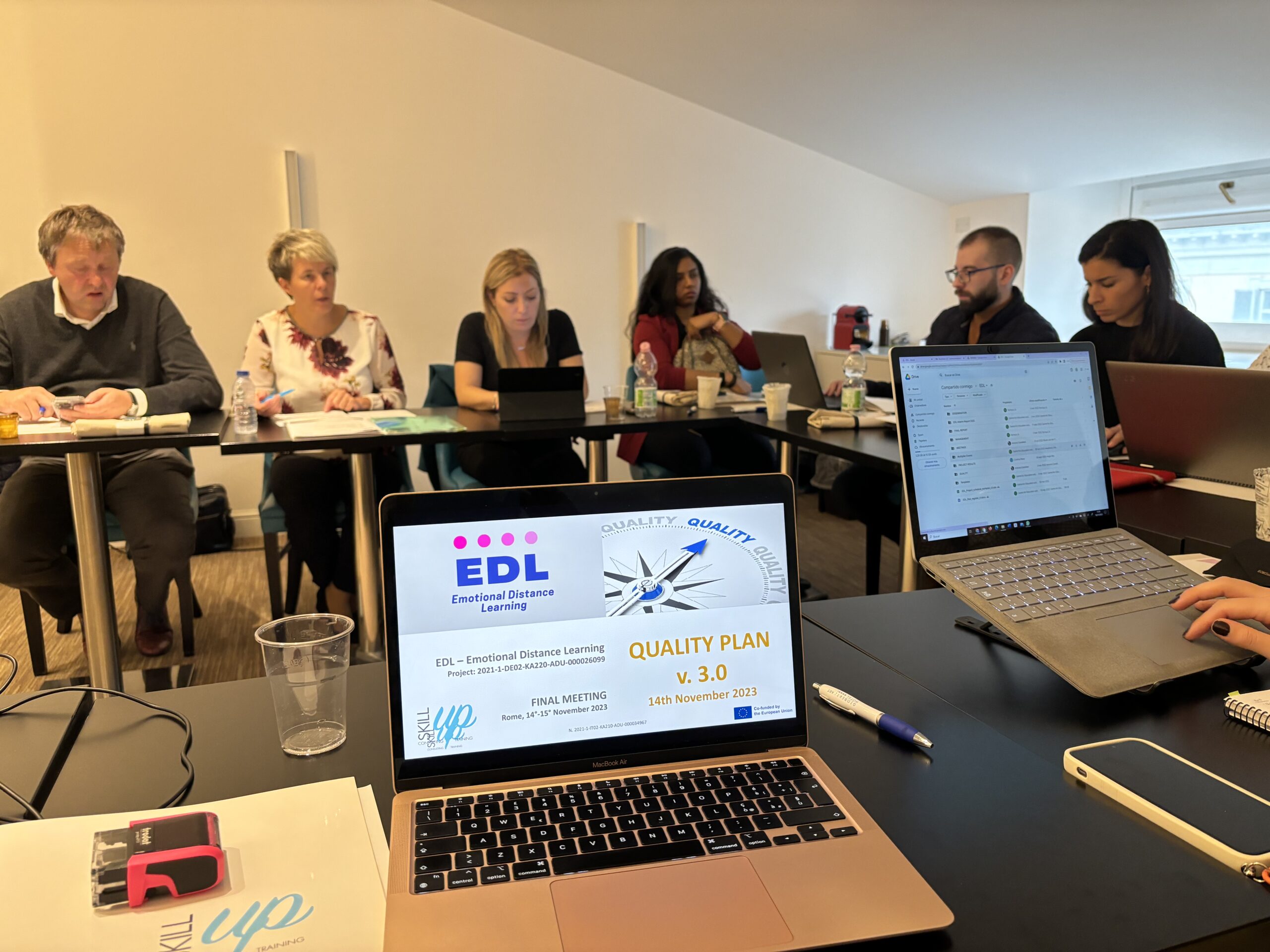By Antonia Castellani, Skill Up
The EPALE Journal (Italian version) n. 10_2021, dedicated to new insights on Adult Education after the pandemic, hosts a very interesting study on the psychological effect of COVID-19 on university students (Deborah R. Vivo, Gaspare Dalia: “Psychological Effects of Covid-19 on University Students. Is there a Silver Lining?” pp. 116-127).

The published article is based on a research carried out on 69 students in April 2021, during the 3rd COVID wave in Italy.
The authors say: “Our findings indicate that stress, anxiety, and global distress were moderate and therefore in the clinical range for most participants.
Unexpectedly, whereas negative affect was found to be higher than average, positive affect was found to be within normal levels.
We compared our findings with pre-pandemic studies and we found statistically significant differences in all the variables considered, except for positive affect.
This suggests that despite an overall psychological disfunction, our participants’ positive affect, including interest, enthusiasm, excitement, etc., was not impaired.
Therefore, this study suggests that although the pandemic may have a negative psychological impact on university students, there are still resources available for them to rely on for future challenges.
Other implications include recommendations for universities to provide mental health services to students both during the pandemic and in the aftermath.”
This article is particularly interesting for the EDL – Emotional Distance Learning project, as it points to some of the issues of interest in our project.
The positive and resilient approach shown by the students interviewed indicates that the training represented an important point of connection for people, helping them to find a common ground in which to be together, at a time when social normality was totally lacking, established habits were disrupted, and daily activities changed radically.
In spite of the stress caused by the pandemic and the interruption of face-to-face training, the possibility of continuing to attend online classes represented one of the few elements of normality in the students’ lives and perhaps the activity that most enabled them to maintain high motivation and enthusiasm.
Interestingly, in a volume devoted to Adult Education, the only research on stress was carried out on Higher Education students. Users of non-formal Adult Education courses were not involved, nor were teachers and trainers working outside formal adult education, showing how the EDL project is needed at this time to shed light on the real stress condition of a large part of the adult education sector.
At the basis of EDL project, in fact, there is the perceived need to create tools to support this group of teachers in facing and overcoming the stress linked to the sudden shift to online training -especially on topics to develop soft skills- knowing full well that these teachers often do not have a formal support network and therefore lack the elements that fostered the resilience of the students’ subject of the above-mentioned research.
In different words, there is no silver lining to stress for AE trainers, at least for now.
The study concludes by calling for the presence of a mental health support service in universities for students.
This opens the door to the reflection on how advisable -and perhaps necessary- it is to think about mental health support for trainers, especially those who are not placed in an institution or in a professional association (e.g.: psychologists) and therefore do not have easy or free access to this type of benefit.
In fact, it is precisely those lecturers, i.e. the freelancers in the AE sector, who have suffered most from the loneliness created during the pandemic and who have seen their stress levels increase the most and therefore would need support for their mental health. This is something to keep in mind and to look for solutions in the EDL project or in future projects.
The whole EPALE Journal 10_2021 can be downloaded here: https://epale.ec.europa.eu/it/resource-centre/content/epale-journal-n10-2021-ripensare-leducazione-degli-adulti-oltre-la-pandemia)




0 Comments